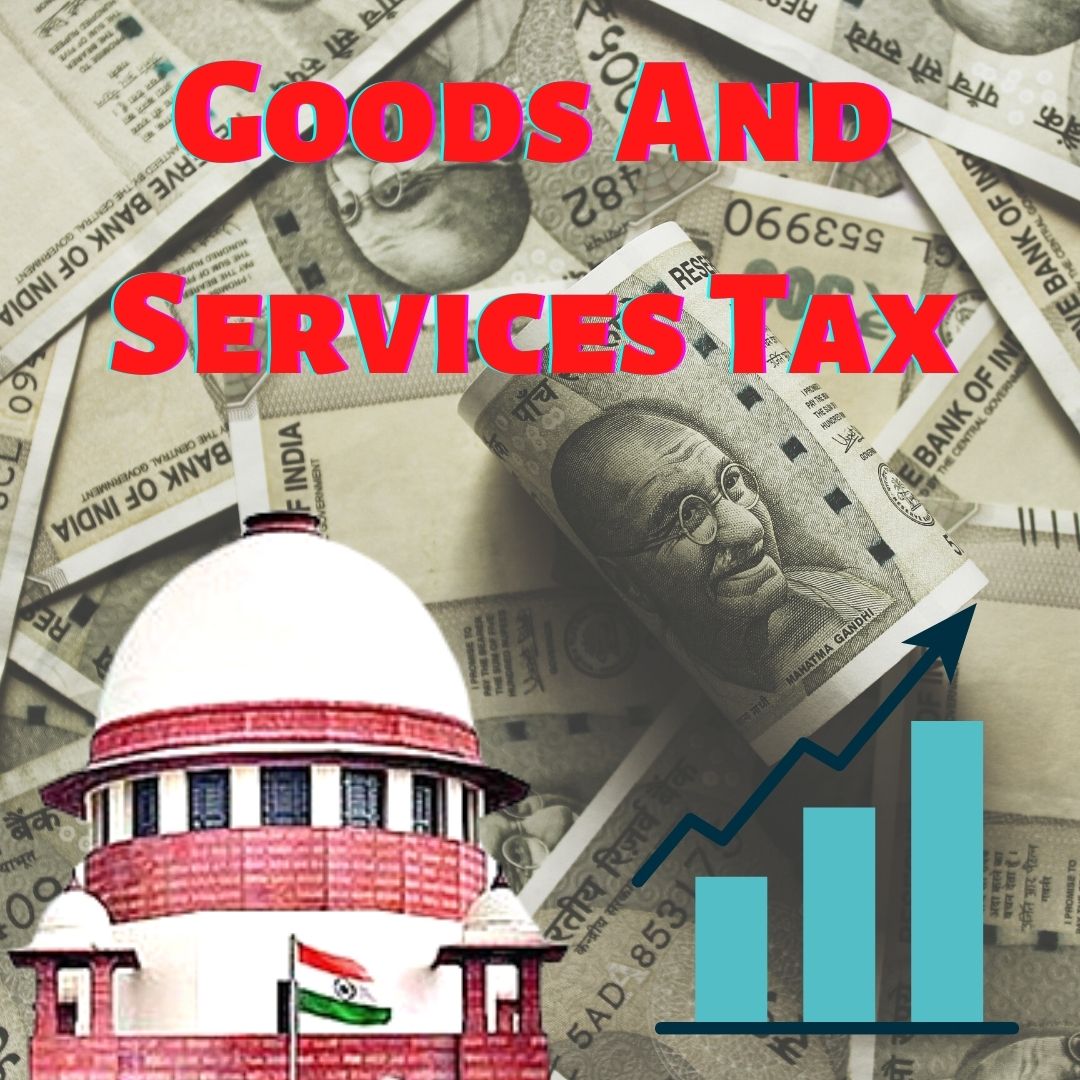
Image Credit: Unsplash, India Legal
Supreme Court's GST Verdict Leaves Netizens Divided; Know Why
Writer: Ratika Rana
Her primary objective is to inform, promote, educate and cultivate readers through writing.
India, 20 May 2022 9:43 AM GMT
Editor : Ankita Singh |
A literature lover who likes delving deeper into a wide range of societal issues and expresses her opinions about the same. Keeps looking for best-read recommendations while enjoying her coffee and tea.
Creatives : Ratika Rana
Her primary objective is to inform, promote, educate and cultivate readers through writing.
The Supreme Court championed 'cooperative federalism' for the well-being of democracy and said that the Centre and States have 'equal, simultaneous and unique powers' on GST and recommendations of the GST council are not binding.
In a landmark verdict on Thursday, the Supreme Court championed 'cooperative federalism' for the overall well-being of democracy. The Union and the State Legislatures had 'equal, simultaneous and unique powers' for the Goods and Services Tax. Moreover, the top Court also highlighted that the recommendations of the GST Council were not binding on the Centre and the states. The verdict came while the Supreme Court was confirming the ruling of the Gujarat High Court that the Centre could not levy the Integrated GST on ocean freight from Indian importers.
Article 246A Holds Centre And States Equal
The bench led by Justice DY Chandrachud mentioned that the GST Council must work harmoniously because India's federal system requires harmonised work. The Court also cited Article 246A, which notes that the Centre and the State are equals.
However, it also mentioned that Article 279 of the Indian Constitution said that both the Centre and the states could not act independently of each other. Soon after the verdict was out, netizens were divided on its feasibility. While some argued that a 'federal' implementation of the GST law nullifies its purpose of 'One Country, One Tax', The Economic Times reported.
Finance Ministry said SC's Verdict Did Not Entail Changes
On the other hand, a considerable section of people also backed the top Court's verdict, highlighting the spirit of 'cooperative federalism'. Economist and ex-Chief Economic Advisor Arvind Virmani tweeted that if states had their laws under the GST Law, the whole exercise of implementing one tax for the entire country would be dead.
DMK MLA Dr TRB Rajaa took the opposite stance and hailed the verdict and said that the Dravidian model was catching up. As different states had different opinions, the Union Finance Ministry's official statement mentioned that the Supreme Court's verdict did not entail changes in 'any way' to the functioning of the GST regime.
Also Read: Karnataka's Textbook Revision Drive: Texts Of Social Reformers Omitted In New Curriculum
 All section
All section














